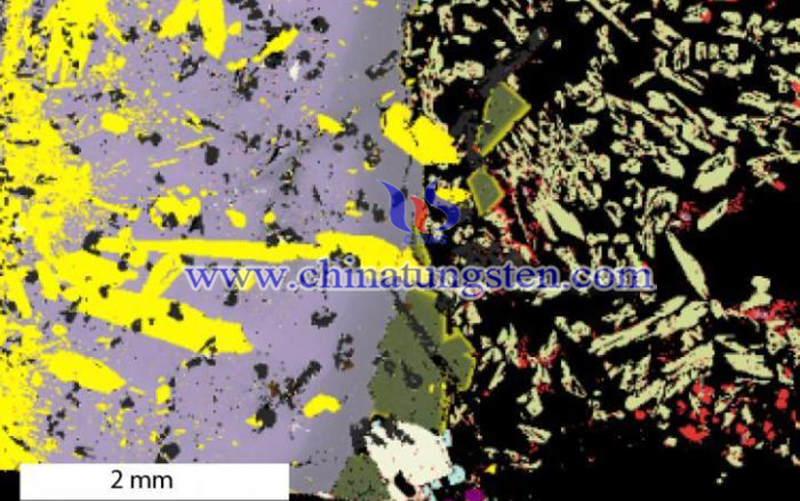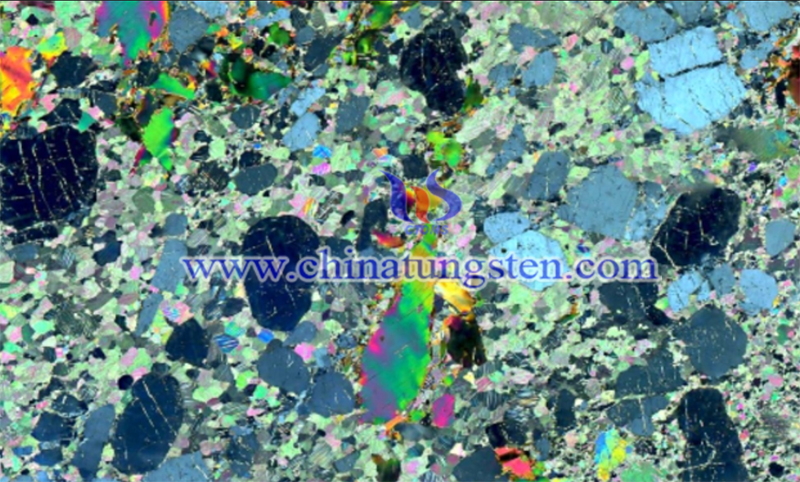Scientists Find New Way to Unlock Rare Earth Deposits
- Details
- Category: Tungsten's News
- Published on Thursday, 15 October 2020 20:26
Researchers from the University of Exeter in the UK and the Australian National University have jointly released a study that may help solve a long-standing puzzle that could help pinpoint new, untapped concentrations of some the most valuable rare earth deposits, according to the website Mining.com.

This result was published in the journal Science Advances. For the new research, scientists conducted a series of experiments that showed sodium and potassium, rather than chlorine or fluorine as previously thought, were the key ingredients for making these rare earth elements soluble. Experts believe that this is crucial as it determines whether they crystalize, making them fit for extraction - or stayed dissolved in fluids.
The team led by Michael Anenburg simulated the crystallization process of molten carbonated magma, trying to discover which elements can be enriched in the crystallization hydrothermal fluid.
Experiments have found that sodium and potassium dissolve rare earth elements in the solution. Without sodium and potassium, rare earth minerals will precipitate in carbonate rocks. With sodium, intermediate minerals such as burbankite can be produced and subsequently accounted for. With potassium, dysprosium is easier to dissolve into surrounding rock than neodymium.

Annnonberg said at a media conference that experiments can explain rocks and mineral deposits in nature and can help humans discover unknown minerals.
The co-author of the paper, Frances Wall said: "This is an elegant solution that helps us understand better where 'heavy' rare earths like dysprosium and 'light' rare earths like neodymium may be concentrated in and around carbonatite intrusions. We were always looking for evidence of chloride-bearing solutions but failing to find it. These results give us new ideas."
Neodymium and dysprosium are an essential part of digital and clean energy manufacturing, including magnets in large wind turbines and electric cars motors. The mechanism of sodium and potassium effect on rare earth deposits would help to develop the crucial minerals.

- Rare Earth Manufacturer & Supplier, Chinatungsten Online: www.chinatungsten.com
- Tungsten News & Prices of China Tungsten Industry Association: www.ctia.com.cn
- Molybdenum News & Price: news.molybdenum.com.cn
- Tel.: 86 592 5129696; Fax: 86 592 5129797; Email: sales@chinatungsten.com



 sales@chinatungsten.com
sales@chinatungsten.com